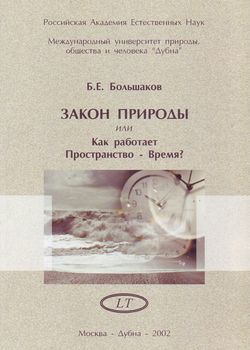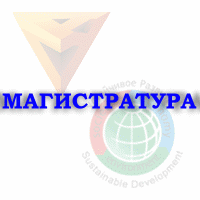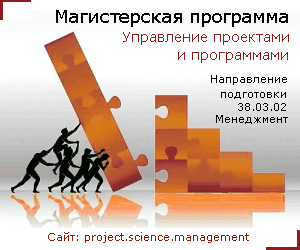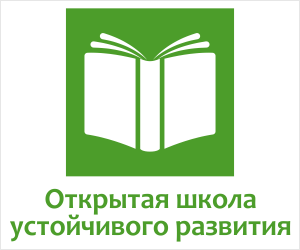Kibalnikov Sergey Vladimirovich, Doctor of Technical Sciences, Laureate of the WIPO Gold Medal, Academy of Natural Sciences, a leading scientific worker of the Lomonosov Moscow State University, professor of the State University “Dubna”
Abstract
The article outlines ways to integrate the experience of simulation with the results of the development of financial and socio-technical systems (Blagosfera, NASK-STEP and MFPO) and IT technologies (Internet, blockchain, AI) in order to create an integral image of the future. The NASK-STEP methodology provides that the creation of this image must occur in the minds of people who will implement this image in a specific territory. At the same time, the synthesis of NASK-STEP technology with the Age of Chronicle (erachain.org) creates a social foundation for the introduction of innovative technologies that reduce the loss of resources.
KEYWORDS: blockchain, simulation, innovative technologies, socio-technical systems.
Download article FUTURE LOOK: THE DIGITAL ECONOMY OF SUSTAINABLE DEVELOPMENT![]()

 ПОСЛЕДНИЕ ЭКЗЕМПЛЯРЫ ТИРАЖА
ПОСЛЕДНИЕ ЭКЗЕМПЛЯРЫ ТИРАЖА





